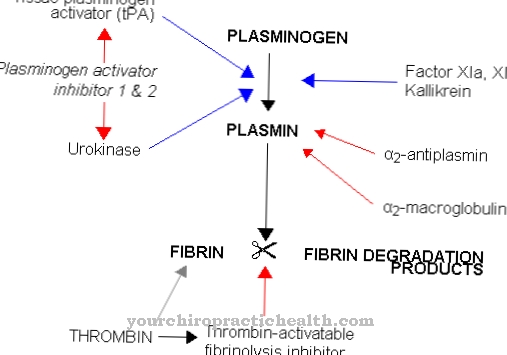Anti-inflammatory drugs or Anti-inflammatories include active substances or treatment methods that reduce inflammatory processes in the body. These are a reaction of the body tissue to external mechanical, physical or infectious stimuli. If the body's immune system is no longer able to fight off these stimuli, anti-inflammatory drugs are used.
What are anti-inflammatory drugs?
.jpg)
Around Anti-inflammatory drugs To be able to use it in a targeted manner, a distinction must be made between two types of inflammation. Classic inflammation is associated with pain, but these are only symptoms of the disease.
Targeted methods for treating the disease in question can be used here. Inflammations that work at the cellular level and do not send out signals are more dangerous and therefore become chronic. These require a modulation of certain hormones, the eicosanoids. These can have both anti-inflammatory and anti-inflammatory effects.
Drugs such as aspirin, nonsteroidal anti-inflammatory drugs (NSAP), COX-2 inhibitors or corticosteroids reduce the "bad" eicosanoids, but also lead to a decrease in the level of "good" eicosanoids. Therefore, drug treatment is often combined with an anti-inflammatory diet.
Application, effect & use
There will be different types of Anti-inflammatory drugs used in medicine. Steroids (corticosteroids) reduce inflammation by binding to glucocorticoid receptors and have a massive impact on the body's metabolism and water balance. They are used, for example, to treat asthma or neurodermatitis.
Non-steroidal anti-inflammatory drugs (NSAP) block an enzyme called cyclooxygenase (or COX) that makes prostaglandins in the body. Prostaglandins are hormone-like chemicals in the body that fight inflammation by increasing the temperature and widening the blood vessels. By reducing the production of prostaglandin, NSAPs help reduce the symptoms of fever and inflammation, and relieve the associated pain.
Some typical NSAPs are aspirin, ibuprofen, or naproxen. They are commonly used to treat the pain and inflammation associated with some types of arthritis and other musculoskeletal disorders.
Immune-selective anti-inflammatory drugs are a class of peptides that represent a new class of anti-inflammatory drugs based on the understanding that the immune, nervous and endocrine systems interact in complex ways to fight inflammation. They couple the modulation of eicosanoids with a consistent control of the insulin supply.
Herbal, natural & pharmaceutical anti-inflammatory drugs
In addition to non-steroidal anti-inflammatory drugs (NSAP), a number of herbs have anti-inflammatory properties. Arnica, for example, contains helenalin, while willow bark with salicylic acid contains the main active ingredient of acetylsalicylic acid, on the basis of which aspirin is made.
Cannabichromene - part of the cannabis plant, also has an anti-inflammatory effect. The main active ingredient in St. John's wort is hyperforin, which is 3-18 times more effective than aspirin. The use of ice or cool water also has an anti-inflammatory effect and is often used as pain management for athletes. Cool temperatures inhibit the local blood flow and reduce swelling.
The anti-inflammatory diet now occupies a large part in modern treatment. This focuses on a balanced, varied diet that is rich in unprocessed foods and natural carbohydrates and unsaturated fats. Most fruits and vegetables, as well as foods high in omega-3 fatty acids, such as wild salmon, sardines, herring, anchovies, flax seeds, hemp seeds, and walnuts, are suitable for this diet. Virgin olive oil contains oleocanthal, which has a similar effect as ibuprofen.
Turmeric, oregano, rosemary, ginger, and green tea contain bioflavonoids and polyphenols that reduce inflammation and promote free radical production. Especially people with diseases such as arthritis, rheumatism, asthma, allergies, heart disease, cancer, Alzheimer's or diabetes benefit from a change in diet.
In homeopathy, the main anti-inflammatory agents used are Myristica sebifera, Acidum nitricum, Hamamelis virginica, Kalium chloratum and Echinacea.
Risks & side effects
NSAP often cause gastrointestinal side effects such as indigestion, stomach upset (including nausea or vomiting), and abdominal pain. Long-term use of anti-inflammatory drugs can also lead to ulcers and bleeding in the stomach or other parts of the gastrointestinal tract.
Corticosteroids produce a massive excess of stomach acid and can trigger what is known as Cushing's syndrome. Rising blood sugar levels promote the accumulation of body fat and muscle wasting in the limbs.
Some people are at a higher risk of complications, including age, existing medical conditions such as heart problems, high blood pressure, diabetes or kidney disease, and alcohol consumption.


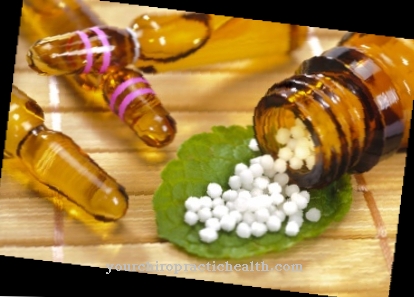
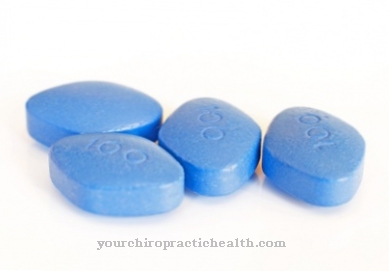


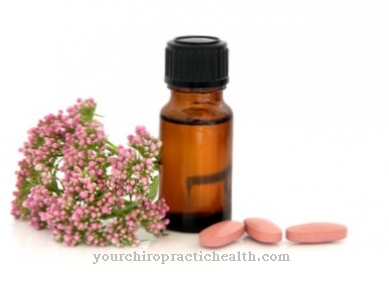

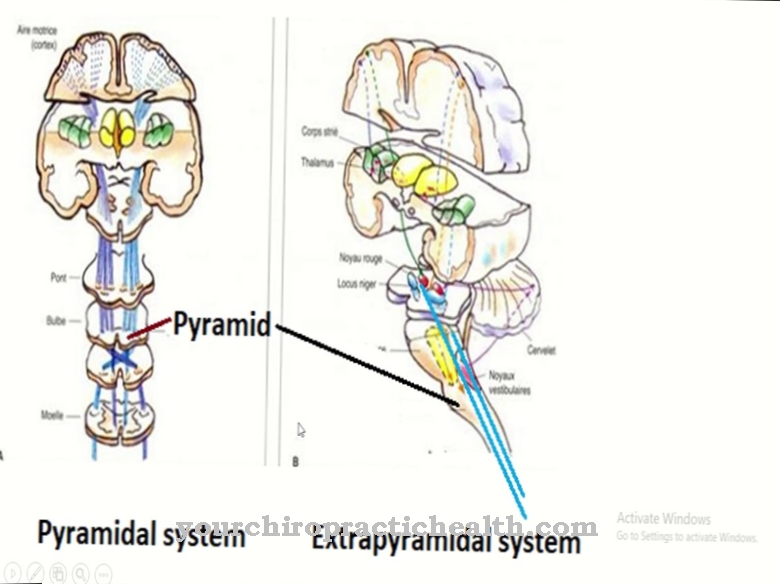
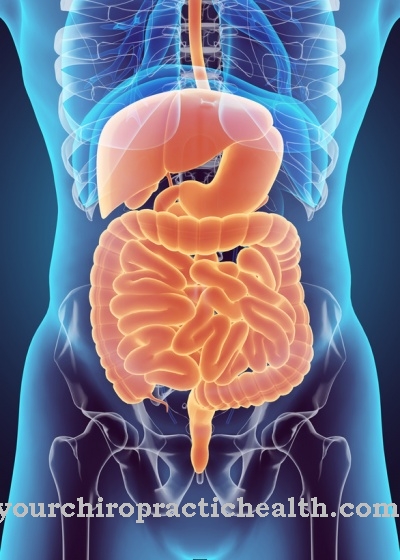

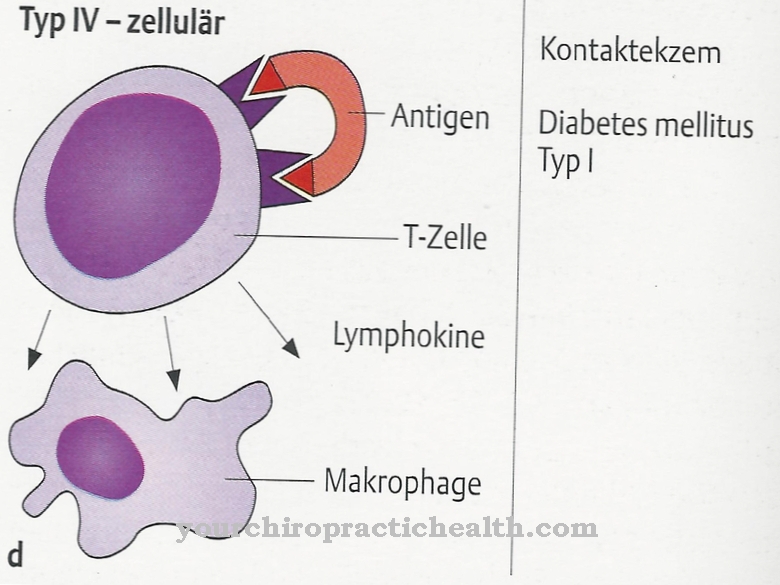
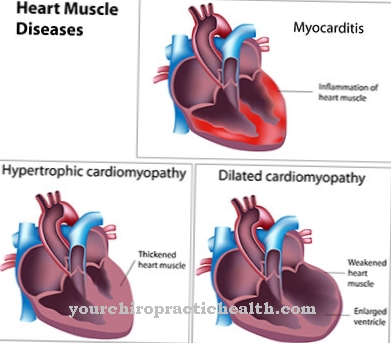



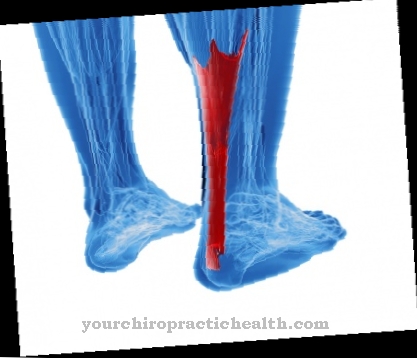

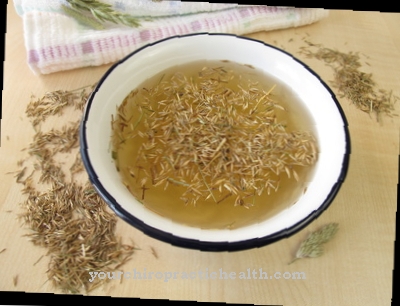

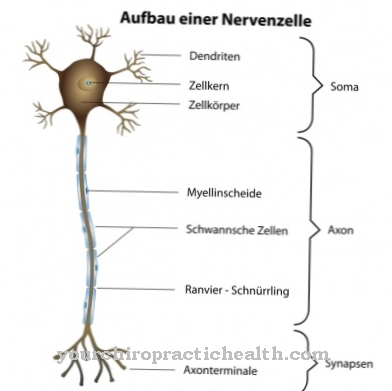

.jpg)


